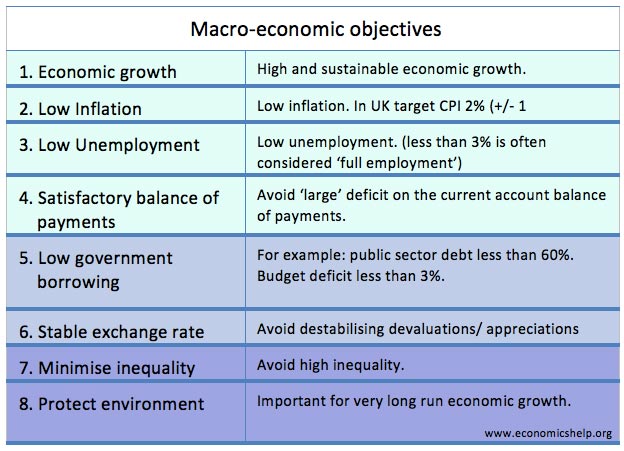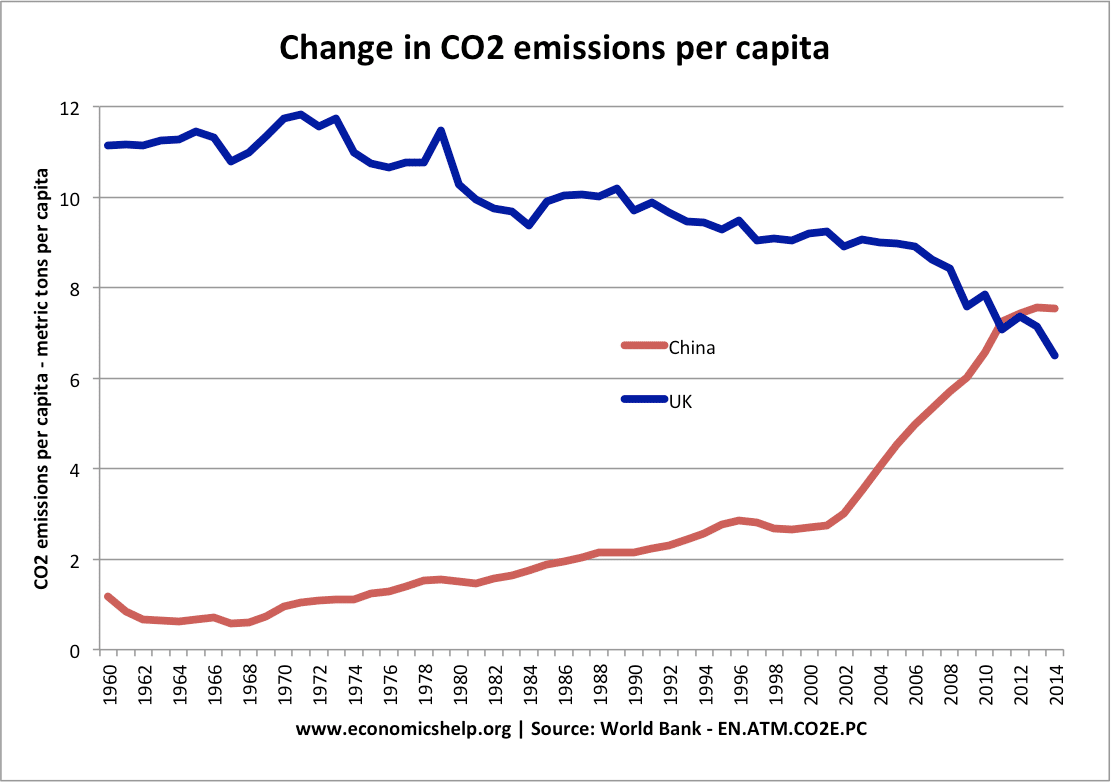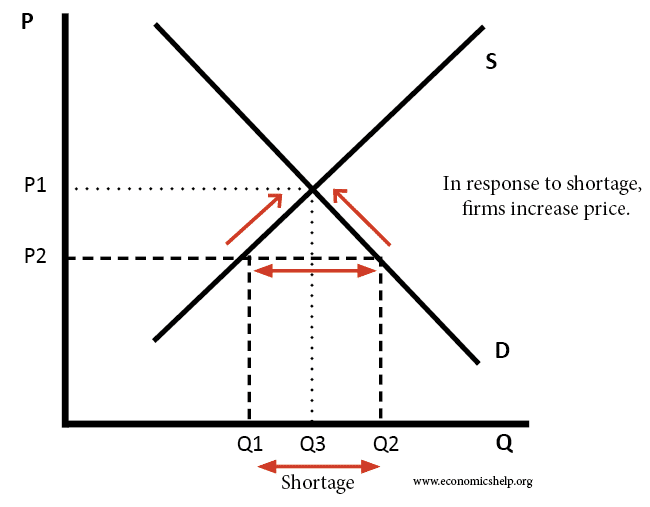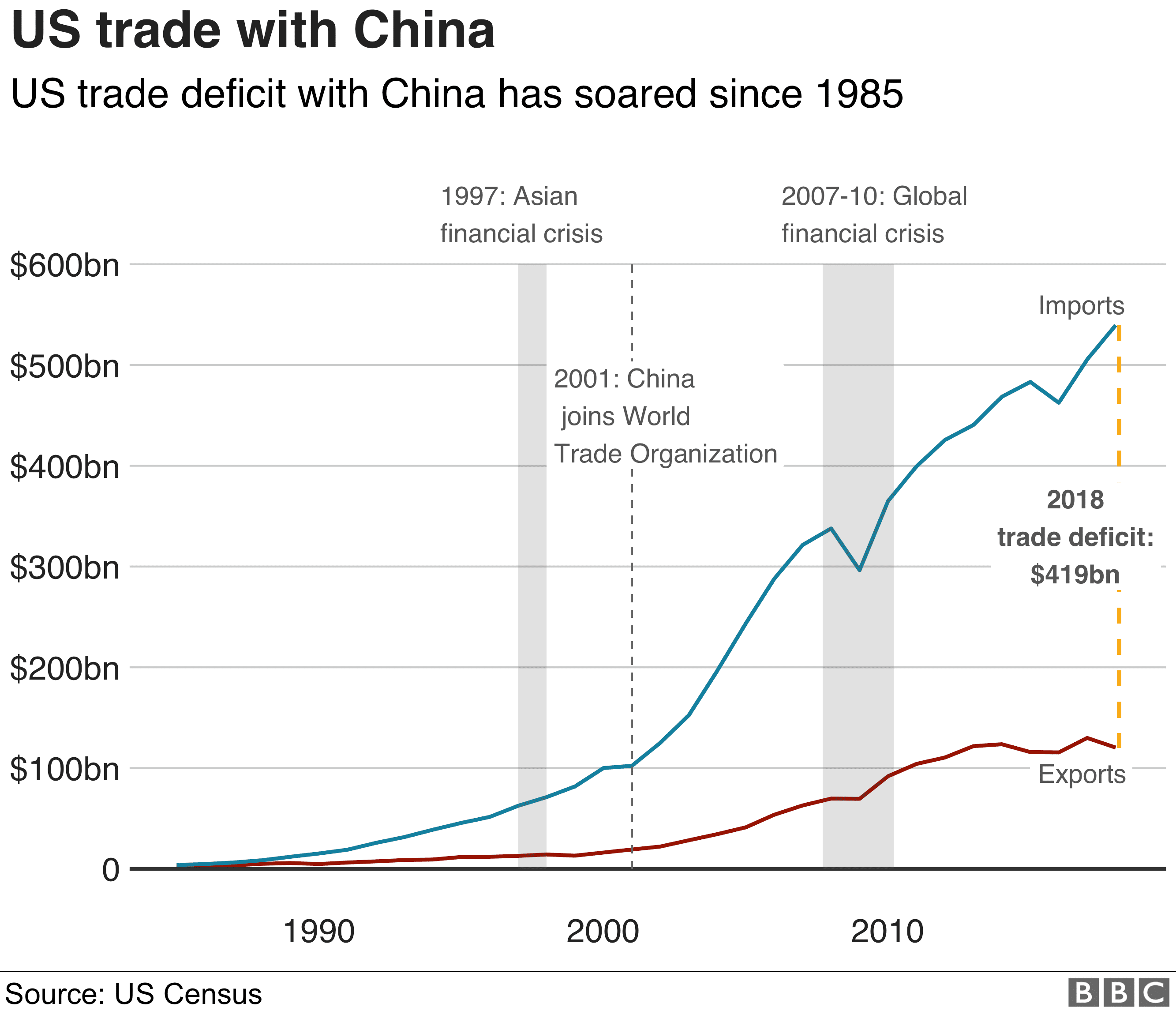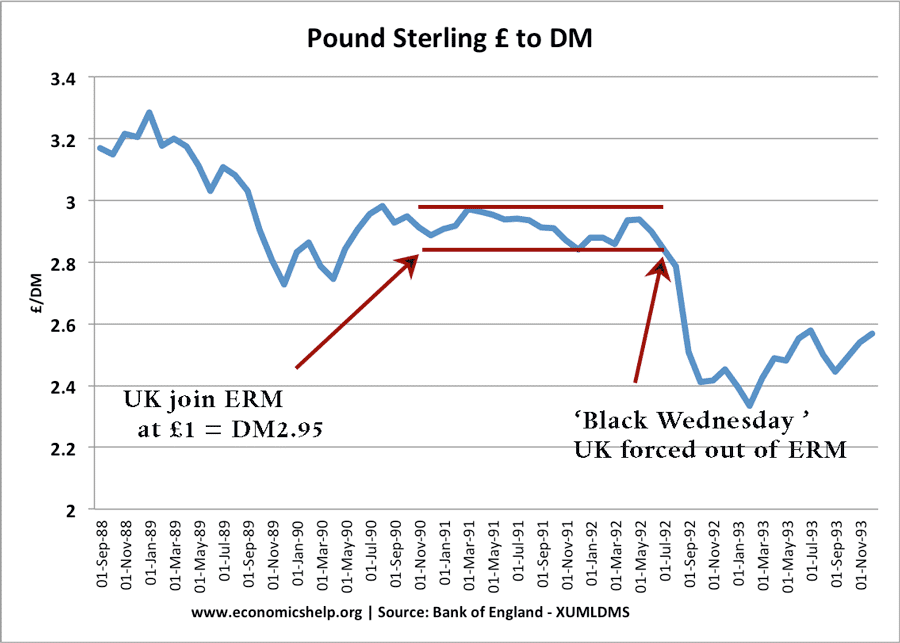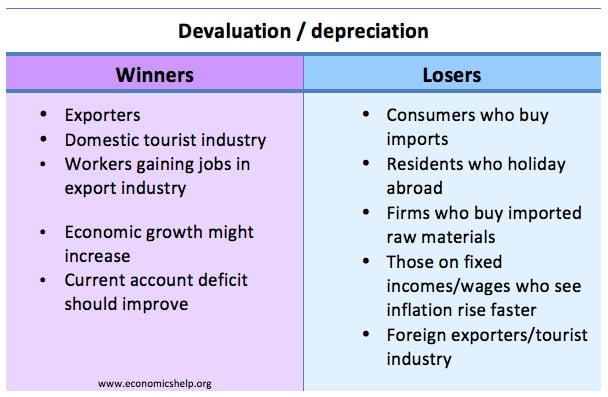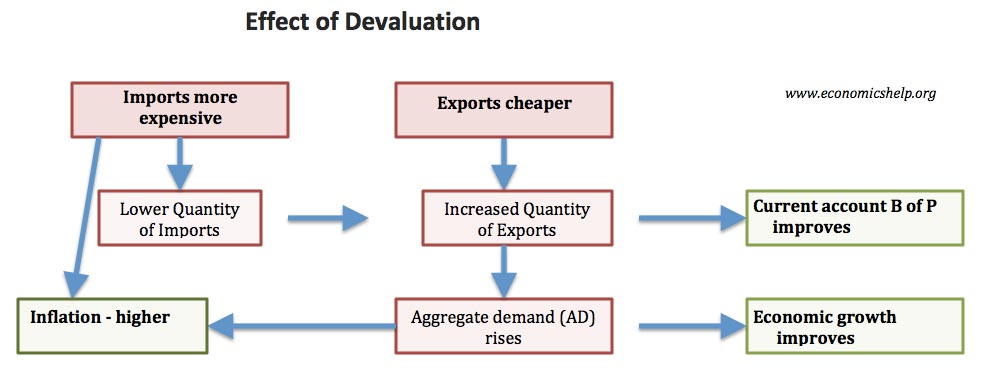Macroeconomics – Notes and Essays
Main topics in macroeconomics Balance of payments Policies to reduce current account deficit Budget deficit Policies to reduce budget deficit Economic growth Causes of Boom and Bust Cycles Policies to increase economic growth Theories of economic growth Recessions Environmental economics Fiscal policy Globalisation Exchange rates Effect of an appreciation Effect of devaluation European Union The …

